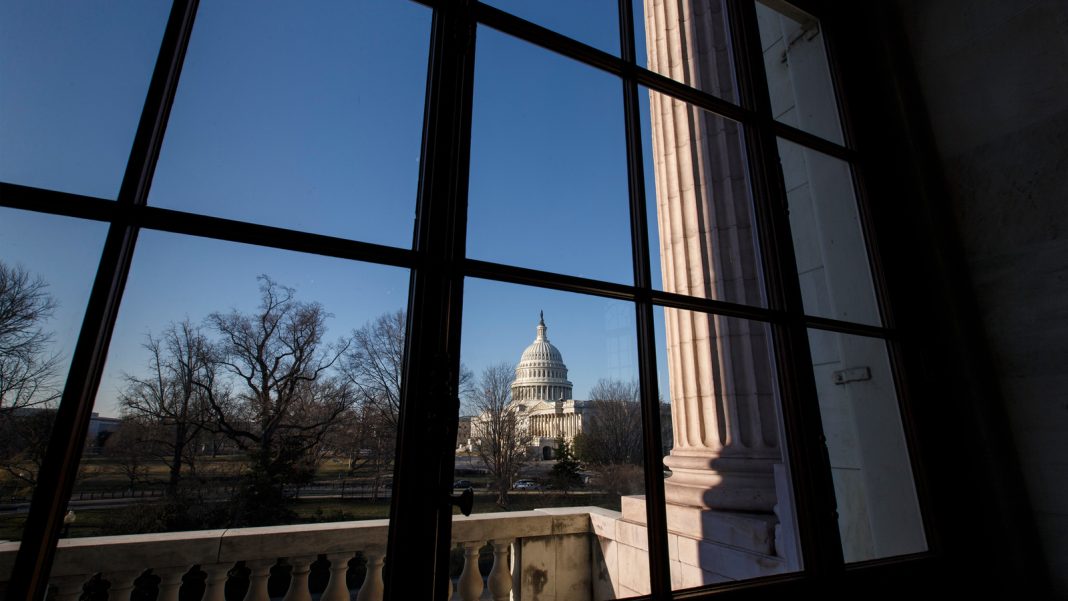
Title: Tax Relief for Gig Workers: A Case for Economic Justice and Political Advantage
Introduction:
Former President Donald Trump has been championing tax relief measures to ease the burden on working-class Americans. His recent proposals, such as eliminating taxes on tips and overtime pay, demonstrate his understanding of the challenges faced by hardworking citizens. However, while these initiatives benefit traditional employees, gig workers, like Uber drivers and freelancers, are often left out. This article explores the need for tax relief for gig workers, the potential impact on the economy, and the political advantages of such measures.
Addressing the Gig Economy’s Challenges:
The gig economy has been rapidly expanding across the United States, with cities like Atlanta, Raleigh, and Las Vegas witnessing significant growth. However, gig workers have been left behind amidst the rise of artificial intelligence, corporate downsizing, and an eroding dollar value. As a result, these workers face exorbitant living costs and financial instability. It is essential for the government to acknowledge the economic challenges faced by gig workers and provide them with necessary support.
The Injustice of Taxation:
Trump’s proposals to eliminate taxes on overtime pay and tips were significant steps towards rectifying injustices in the tax system. They recognized the efforts of employees who go above and beyond for their employers, as well as the economic costs borne by tip-dependent workers. However, gig workers, who lack the protections of salaried employees and often do not receive tips, continue to shoulder the full burden of Medicare and Social Security taxes. This unfair taxation system can push them into financial insolvency, exacerbating their already precarious situation.
Promoting Economic Justice:
To achieve economic justice, it is crucial to extend tax relief to gig workers. Implementing a provisional halving of their tax burden or introducing a “freelancer’s credit” could alleviate their financial strain. These measures would provide much-needed relief to those working outside the confines of traditional employment. By acknowledging the contributions of gig workers and supporting their financial security, the government can create a fairer tax code that benefits all economically vulnerable groups.
Political Advantages and Unpollable Voters:
Trump’s tax relief proposals for gig workers offer significant political advantages. They not only provide an opportunity for meaningful tax reform but also attract a potentially significant number of unpollable voters in battleground states and beyond. Gig workers, who often feel overlooked by mainstream politicians, can find resonance in Trump’s economic policies. By addressing the concerns of gig workers, Trump can tap into a previously untapped voter base, potentially making a difference in crucial elections.
Conclusion:
Tax relief for gig workers is not only a matter of economic justice but also holds political advantages. By extending tax relief measures to gig workers, such as halving their tax burden or introducing a freelancer’s credit, the government can support those who are driving the gig economy. In doing so, it can alleviate their financial struggles, provide them with security, and create a fairer tax system for all. Moreover, Trump’s focus on gig workers can attract voters who feel neglected by mainstream politicians, potentially influencing election outcomes. Embracing tax relief for gig workers is a win-win situation that can benefit both the economy and the political landscape.


